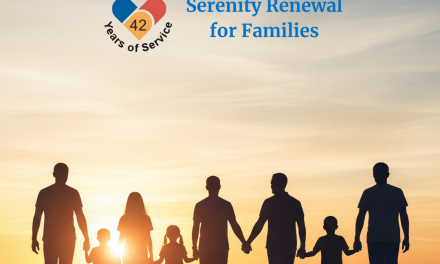In the Realm of Hungry Ghosts
By Walter Clare
Dr. Gabor Maté worked with the desperately addicted on the streets of East Vancouver. His highly acclaimed book, In the Realm of Hungry Ghosts, is more than 10-years-old, yet it remains our clearest window for understanding how the addiction crisis affects our communities, families and children.
Listening to Dr. Maté in a recent CBC Radio interview, I began to wonder what the founding pioneers of Alcoholics Anonymous (AA) might think of his theories on addiction. William Wilson (Bill W.) co-founded AA, in 1935. Today, AA has more than 20 million members. In 1999, Time Magazine listed Wilson among the 100 most important people of the 20th century.
Bill Wilson was born in the Green Mountain region of Vermont. His father Gilly was a heavy drinker and left the family home when Bill was only 10-years-old. Bill never saw his father again. Shortly after, Bill’s mother Emily decided to pursue a career in medicine, in Boston, and left Bill and his sister Dorothy with her parents. She remarried and began her medical studies.
Bill was an excellent student, a member of the school band and captain of the football team. His girlfriend Bertha Bamford was the daughter of a local Minister. Bertha died from internal bleeding, following the removal of a tumour.
At 18, virtually everyone Bill cared for was gone. Bill felt lost and alone and experienced his first severe depression. Years later, he would write that he always wondered if he was responsible. What did he do to cause his mother and father to divorce?
Bill volunteered for the Army, and it was then that he experienced his first serious adult drink. He remembered it in almost spiritual terms, explaining that all of the tensions he had felt for so long instantly disappeared. That first drink was the beginning of a desperate slide to the bottom. Despite numerous attempts to stop, including hospitalizations, Bill was unable to escape the demons on his own.
Dr. Maté believes addiction is rooted in an initial wounding, emotional pain or trauma. Understanding the hurt, Dr. Maté stresses, is critical to understanding your addiction. Like Bill W., all addicts struggle in their desire for meaningful human connectedness. They feel detached and isolated, despite a desire to belong, even when surrounded by others who care for them.
The spiritual void left by addiction can also include feelings of despair and hopelessness. This pit of spiritual emptiness severely compromises any attempt for recovery. However, Dr. Maté explains that spirituality can exist in many forms not the least of which is the spirit of humanity – living in community and caring for one another.
Bill W’s great discovery was that the only way he could stay sober was by reaching out and helping others who were suffering. Dr. Maté observed the power of that premise, while assisting drug addicts on the streets of East Vancouver:
“It is difficult to convey the grace that we witness — we who have the privilege of working down here: the courage, the human connection, the tenacious struggle for human existence and even for dignity. The misery is extraordinary in the drug gulag. But so is the humanity.”
For 36 years, Serenity Renewal for Families has helped individuals and families understand addiction and cope with the immediate and long term ramifications. Providing hope, a supportive community and a new sense of well-being to vulnerable citizens has been a privilege and a testament to the power of the human spirit.
Walter Clare is a workshop facilitator for Serenity Renewal for Families, an Alta Vista Charity that assists individuals and families affected by addiction and other impactful issues. To donate to families needing assistance or for more information, call 613-523-5143 or visit serenityrenewal.ca.




